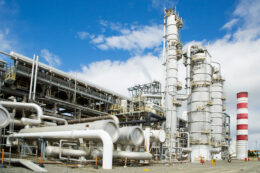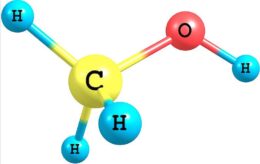Methanol as Marine Fuel
Very large fuel tankers run on heavy fuel oil (HFO) mainly because of its low price but HFO emits a substantial amount of greenhouse gas (GHG). Cleaner ways of reducing emissions include shifting to alternative fuels like LNG, biogas, methanol, wind, hybrid-electric, fully electric, fuel cells, or by lowering speed. The Paris Agreement and agreements within the IMO mandate that…


